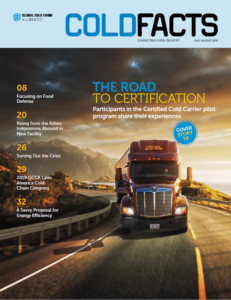

Power Magazine Interviews James Bell After Cleanie Award Win
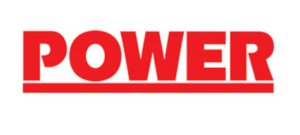
FoodDive.com – New tools transform frozen food energy costs into revenue streams

Energy Storage North America Behind-the-Meter Finalist 2019
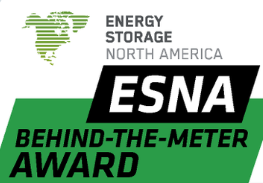
Viking Cold Named Platinum Winner of Cleanie Award’s Project of the Year
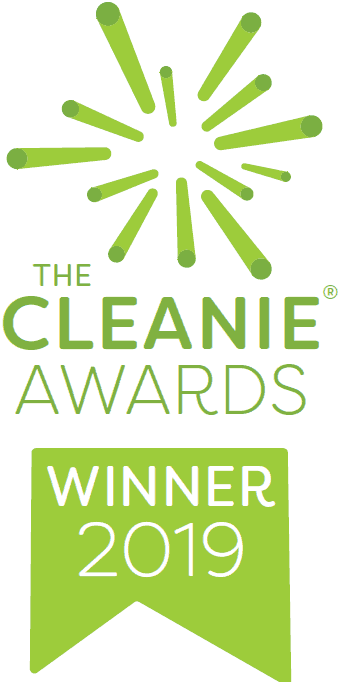
ASHRAE Journal – Achieving Resiliency in The Cold Chain: Strategies To Maintain Food Safety
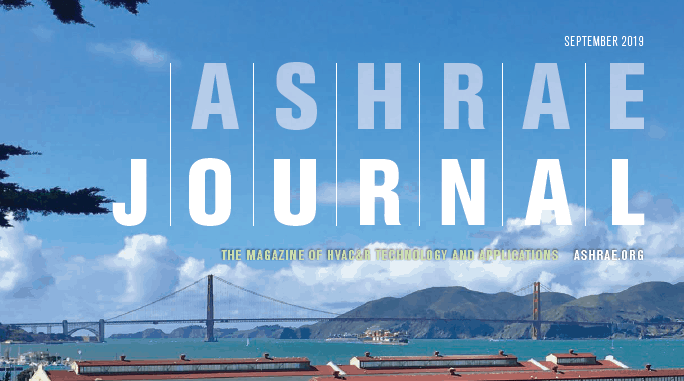
Podcast: Risk Reduction to the Cold Chain – MarketScale Energy
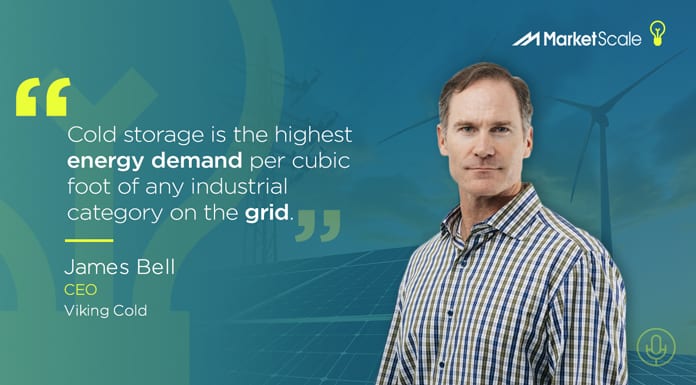
Read More →
Food Processing – Emerging Food Safety Technologies
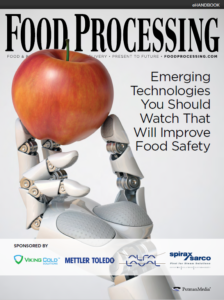
Accelerate Magazine – Thermal Batteries Cut Cold Storage Energy Costs
Accelerate Magazine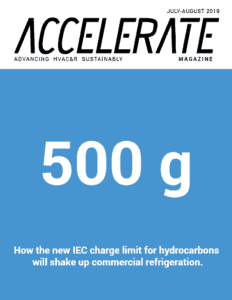
GCCA Cold Facts – A Savvy Proposal for Energy Efficiency
